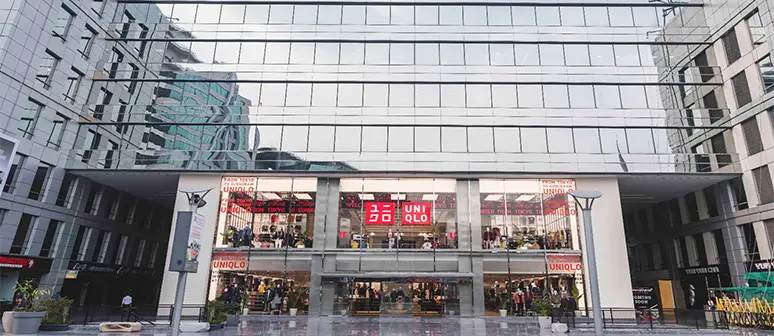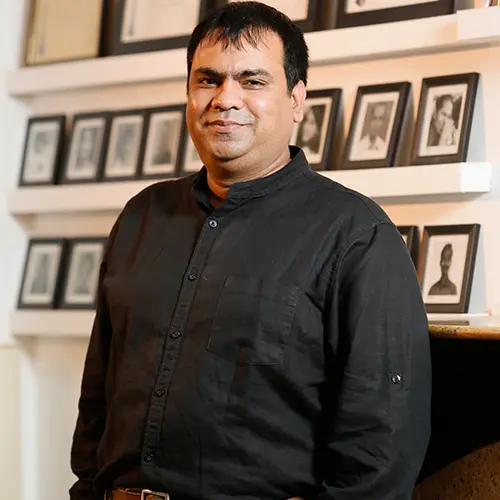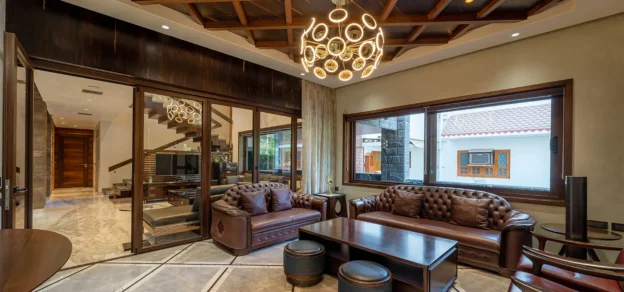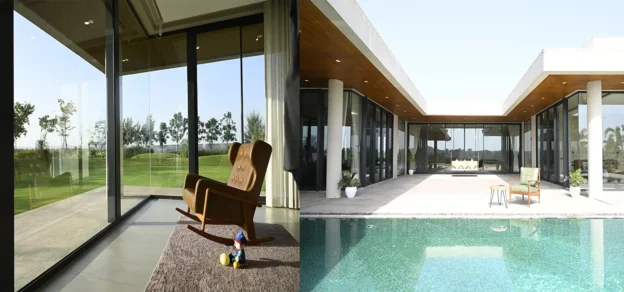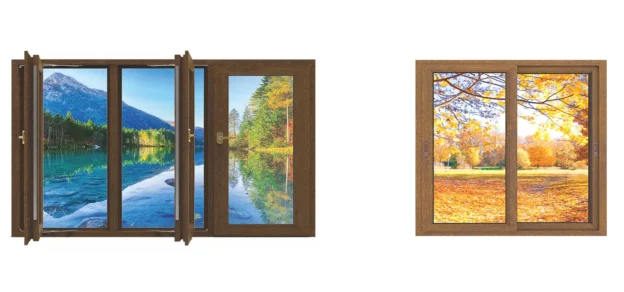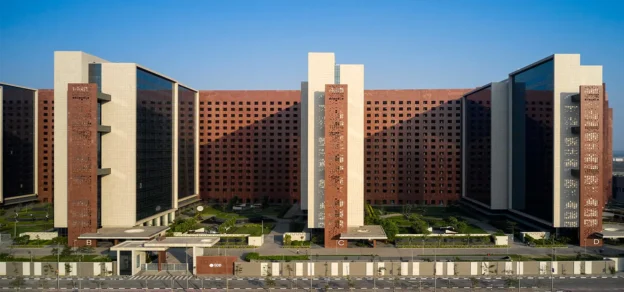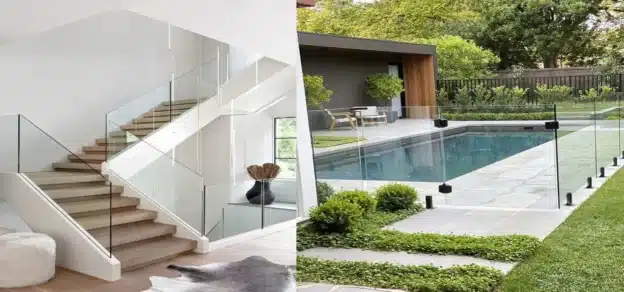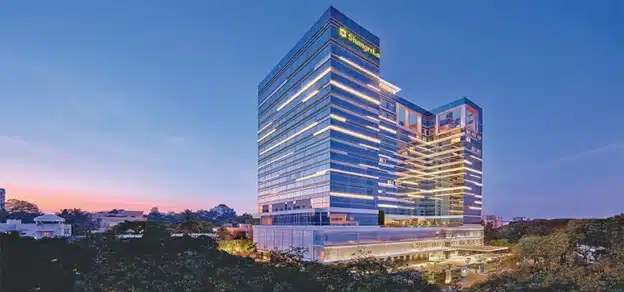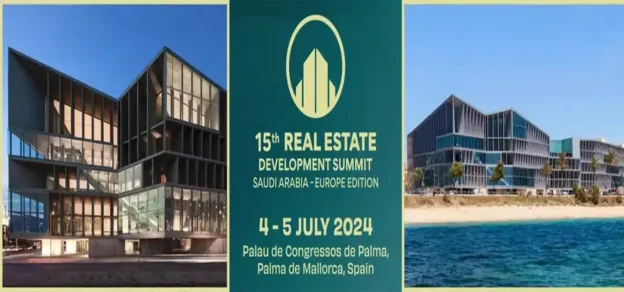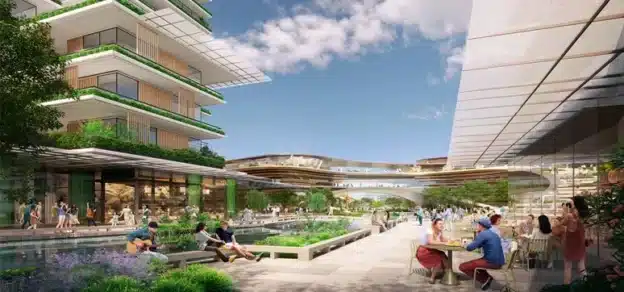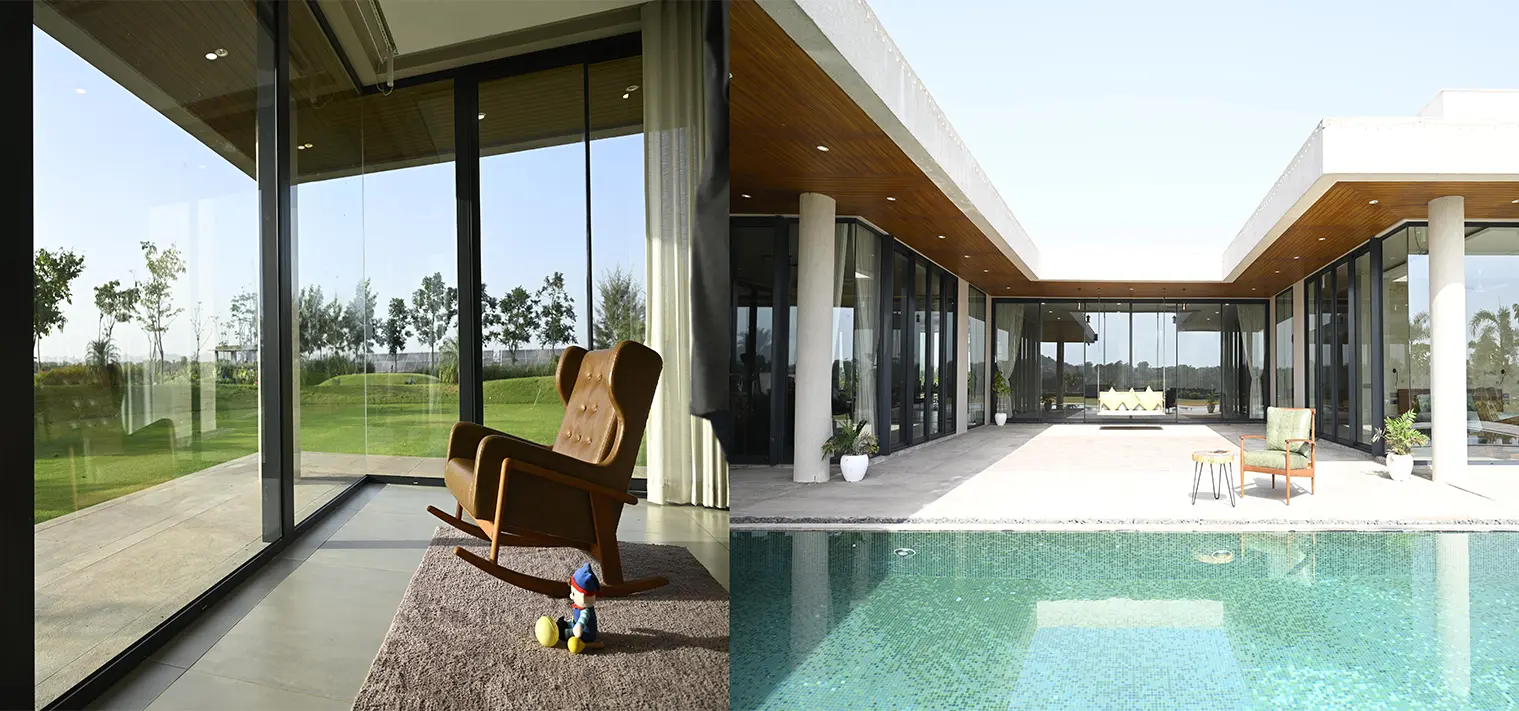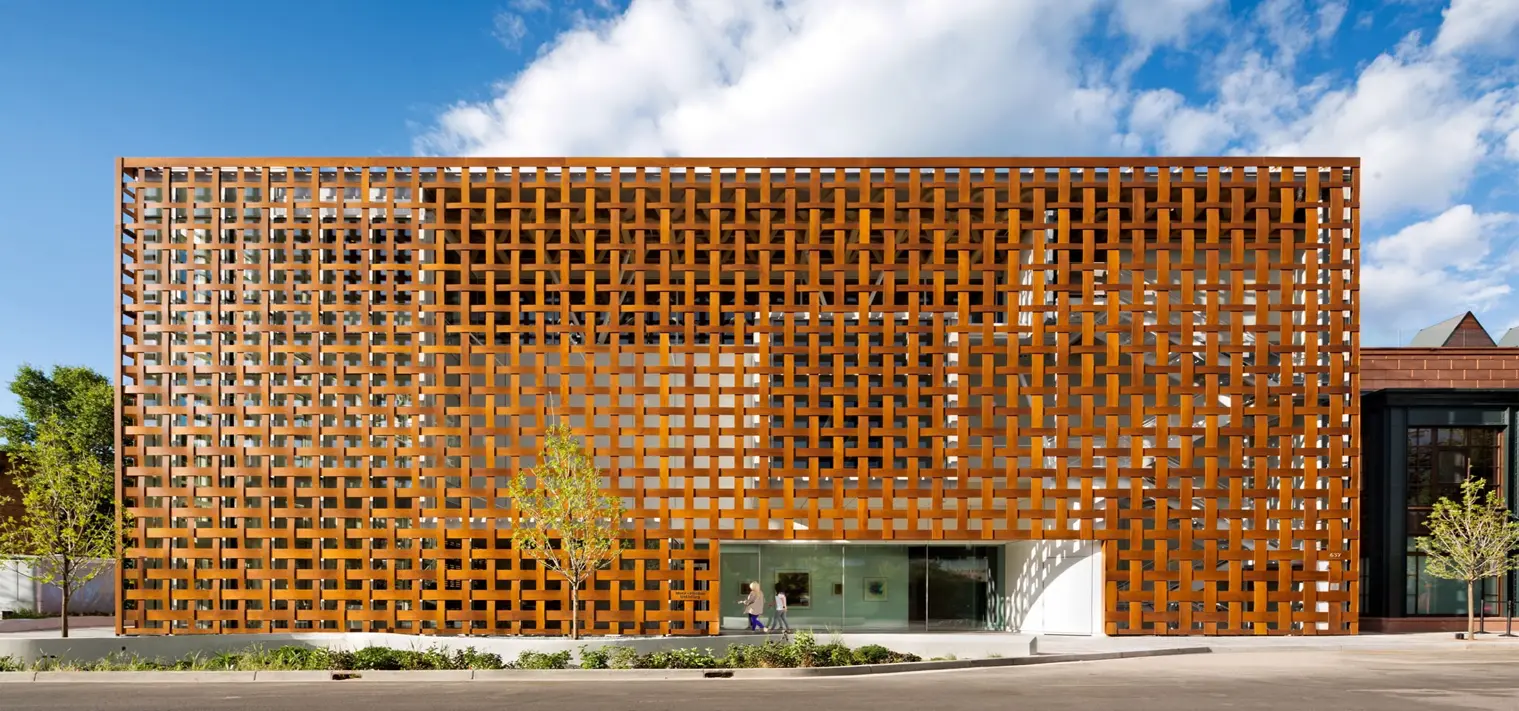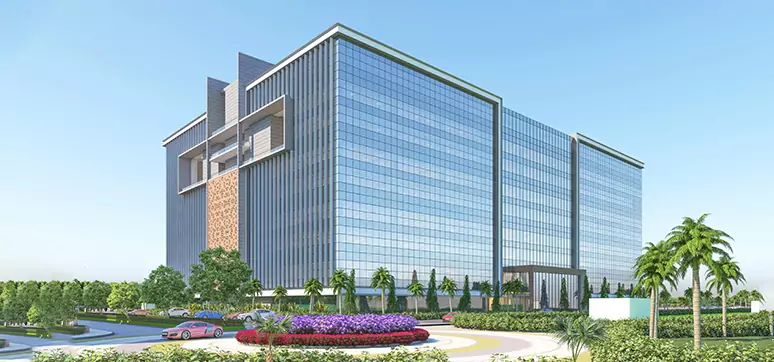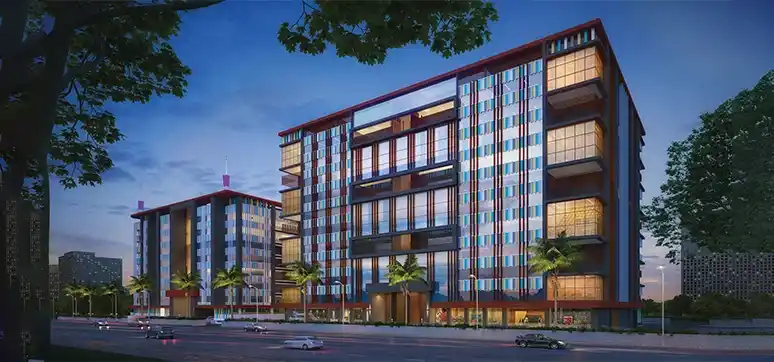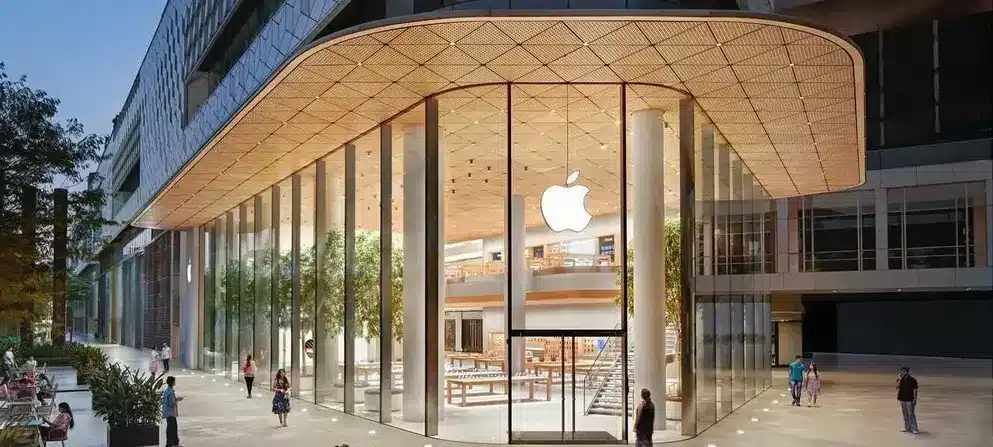As designers, architects or manufacturers & contractors, we are all connected to the building industry and we are increasingly aware of the massive implications of adding millions of square feet each year on planet Earth. To quantify this, it is estimated that about 40% of CO2 emissions are related, in some way, to the building construction industry.
We also understand that there is a need to course correct and bring sustainable practices in a more rigorous way, even in built retail environments. Stores are slowly but surely demonstrating their commitment towards sustainability to their customers, and that they are relevant for today, and also for the future. There is a rising need to adopt circular sustainable design practices through recycling, repurposing, reducing and reusing.
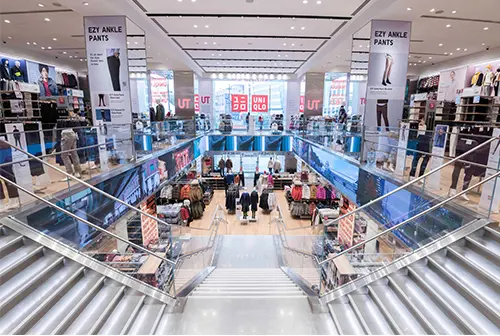
Façades are a significant part of retail spaces, taking up a large portion of the built area. Ranging from malls and high street storefronts, big box stores or repurposed old bungalows, they are pivotal in grabbing attention and projecting the first impression of the brand.
Being iconic, impactful or technologically advanced, store façades are increasingly more character-driven, with design elements that echo the brand attitude and vibe at its best. Along with this, there is a stress on adhering to green norms, where designers are harvesting natural resources to the max, using building materials that do good and restoration to adopt sustainable design in retail builds.
HARVESTING THE NATURAL GOODNESS
Increasingly façades are becoming more open, where the store interior and its offering are conversing with the passersby. Cleverly bridging the inside & outside, they are becoming inclusive and welcoming.
Daylight is a rarity in most cluttered urban landscapes, hence stores are increasingly emphasising opening the fascia with the use of large glass panels or windows that bathe the interiors with the natural light, to create a sense of openness while also being energy efficient.
There is greater use of heat-reducing materials like Low E glass, Double glazing, etc. This contributes to a significant reduction of greenhouse gas emissions generated during a building’s daily use. Advanced options in glazing allow us to control daylight intake, solar control, and thermal insulation.
When UNIQLO launched in India, it marked the debut of its concept of LifeWear – apparel that comes from the Japanese values of simplicity, high quality and longevity. For its store at DLF CyberHub, the façade became a medium to project the brand message & character and create an iconic statement at the same time.
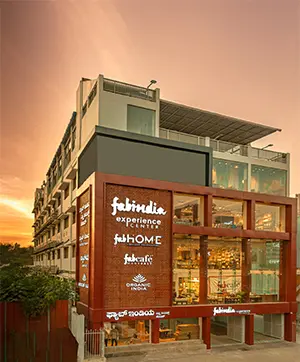
Spread over two floors and with a total retail space of 12,200 square feet, the store welcomes customers with its minimalistic and futuristic design sensibilities. FRDC crafted a façade that was well integrated with the design approach of the surrounding buildings.
Bringing out the magnitude of the brand’s merchandise range, the larger-than-life glass façade with the brand’s signature LED ticker element grabs the attention of passers-by and reveals all that’s within the store. The transparent glass façade not only maximises views and connects inside and outside but also helps harness a good amount of daylight thus reducing energy consumption.
A mega size of 29 MT by 11 MT high glass with super clear transmission with minimal glazing system lends the zen attitude in design and creates an aquarium kind of container to let inside of the store connect outside. Entry of store façade is a vestibule system provided to eliminate dust, dirt, insects etc and create free auto entry doors for the passerby as a freedom of entry and exit.
The ultra-height glasses were processed in China and installed using a German precision glazing system. Anti UV coated and extra SGP safety laminated glass façade contributes to a 35% reduction in heat absorption.
THE DO-GOOD MATERIALS
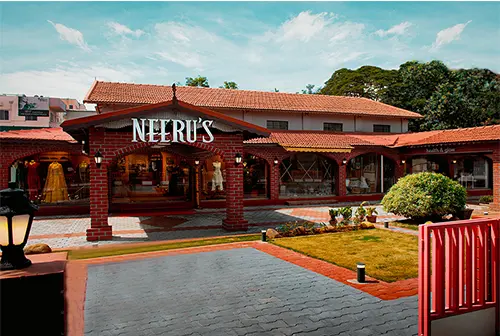
Carbon footprint can also be reduced by promoting locally sourced materials. This also has a dual benefit, as these materials are best suited for local climatic conditions, and are more durable than imported alternatives. Utilizing local craftsmanship to work on these materials is also a plus in strengthening the local economy while providing a livelihood for many local craftsmen.
Recently, FabIndia unveiled its largest experience centre spread across 21,000 square feet at Hebbal, Bangalore, which also houses its home & lifestyle, offering FabHome in an exclusive way. The captivating three-storey building exterior with the brick-clad façade grabs attention in the busy location and gives a sneak peek of the merchandise housed within the store. The façade is made of clay bricks and terracotta colour metal sheets, all complying with Indian vernacular ethos and green building norms. The store façade used mixed materials of glass and terracotta jalli bricks to capture daylight and also to lend a local connection and bring in green design aspects to the façade itself.
RESTORING FOR THE BETTER
The characteristics of old structures are vital to a cityscape, retaining the essence of the region and the heritage of local architecture. They present the opportunity for designers and architects to craft spaces that are defined by a clever juxtaposition of tradition with the modern thriving together. Without the need to bring down structures to construct for
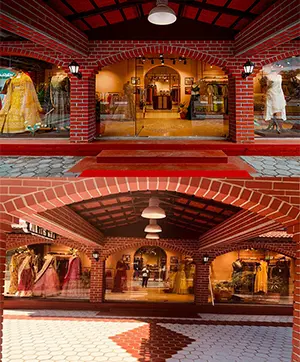
When Neeru’s approached us to create their new store in Coimbatore, the mandate was to redefine the heritage of the building, while preserving its essence. The quaint brick structure was conceptualised as an ‘abode’ for the brand, personifying everything that is authentic and modern, yet rooted and ethnic.
The façade used region-specific materials like terracotta tiles and traditional building techniques, to restore for its newer use without disturbing the original structure. The façade extends into the verandah and the foyer-like entry porch, where the windows and the arcaded hall highlight the brand’s exclusive designs in an authentic way. There is also a smart incorporation of the façade’s arches to create a look that is both contemporary and traditional, much like Neeru’s collection of premium ethnic womenswear.
Emotion is at its peak in the human race today. Never before has it been more important for retailers to emotionally connect with their customers. Brands can build a stronger, deeper connection through sustainability in retail by showing that they care.
And as designers, we need to remember that we have designed our way here and surely we can design our way out.
